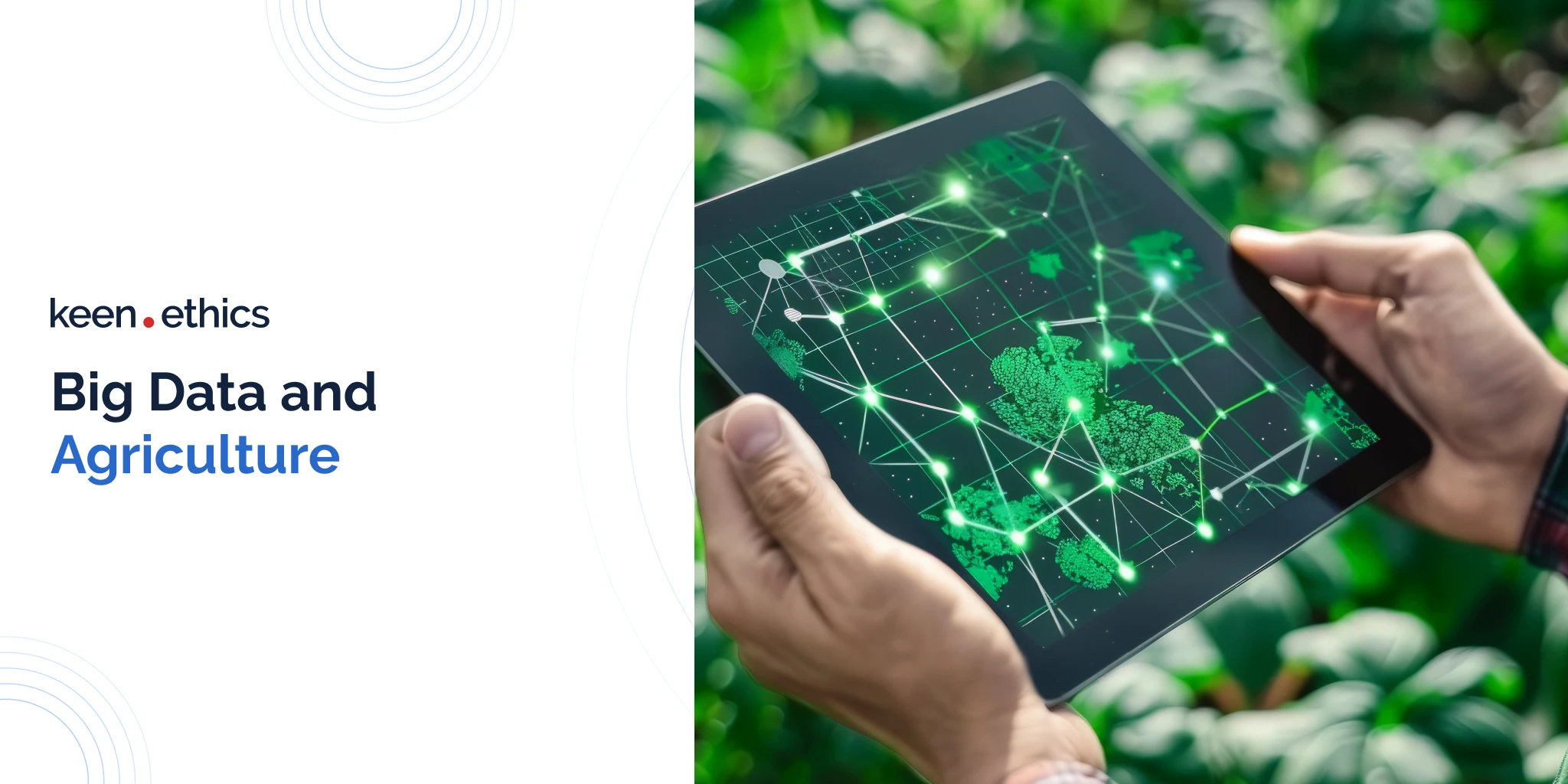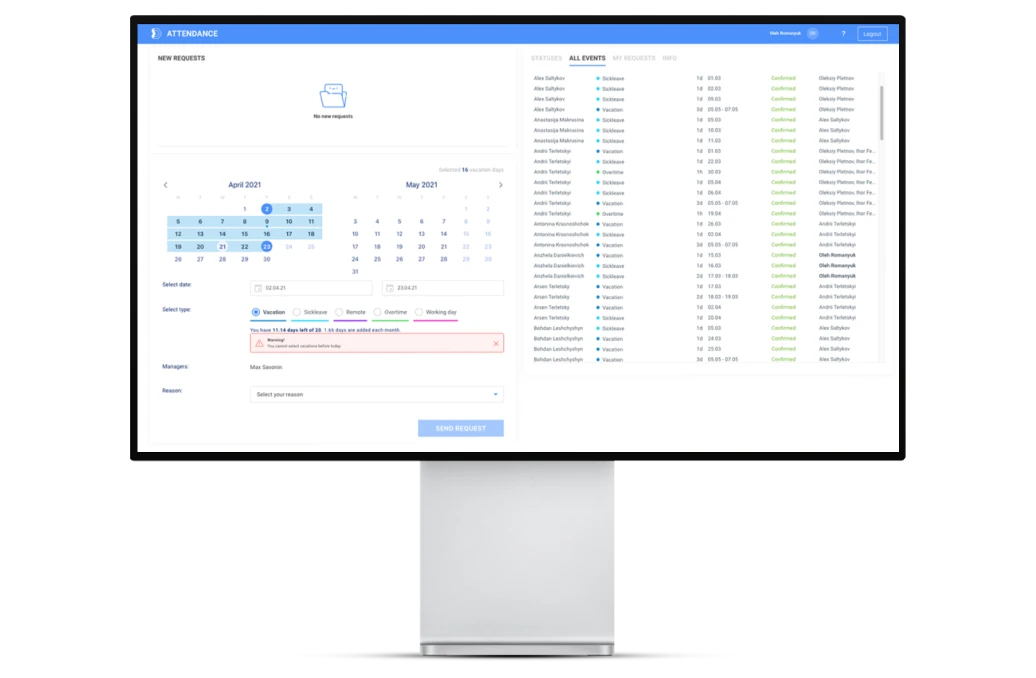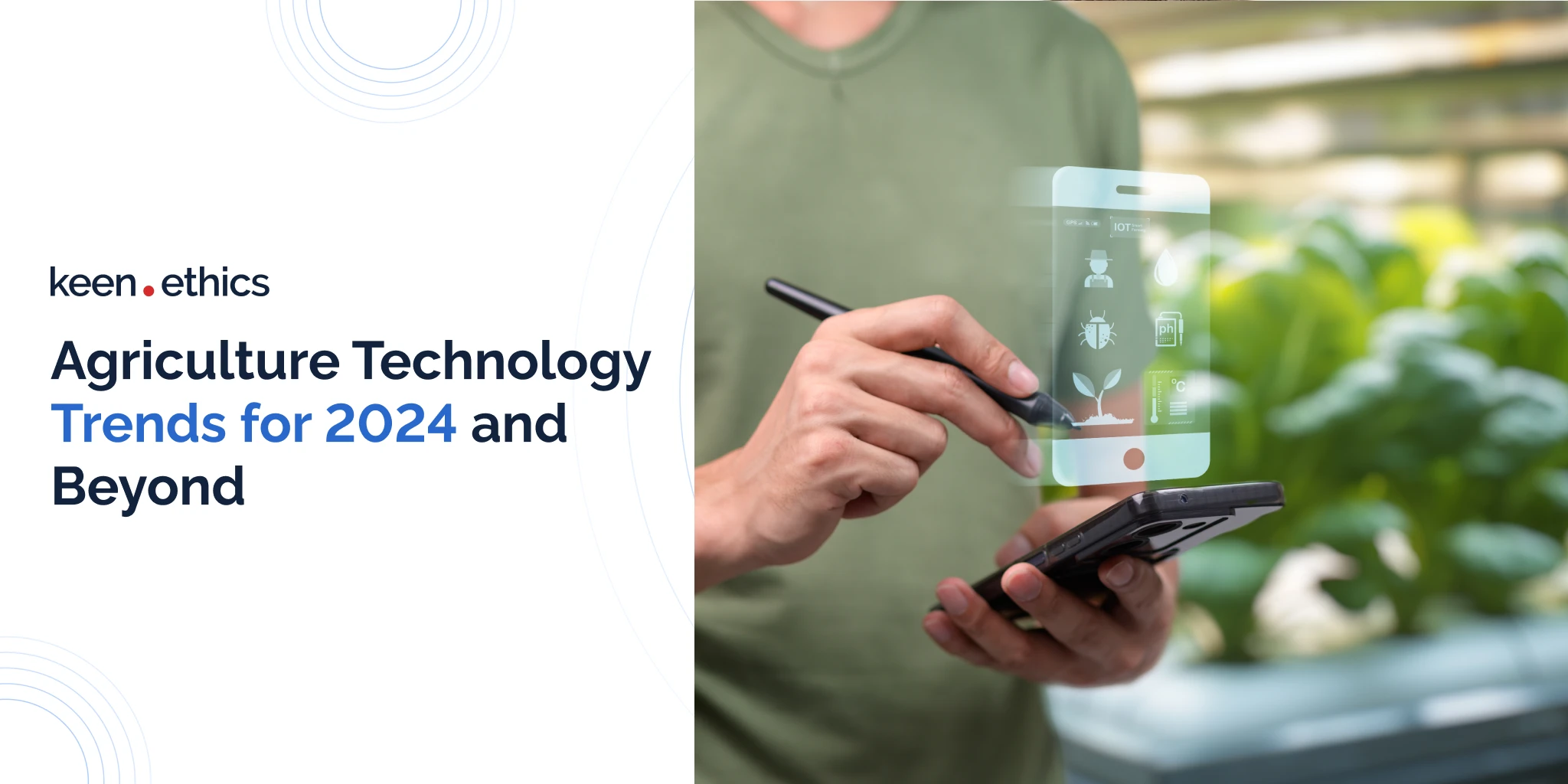Big Data can have a significant positive effect on agriculture. Learn how why the technology is vital in this article!
Data is one of the most powerful tools within any industry. A data-driven approach helps promote a strong path to improvement and gradual evolution. Some of the biggest changes occur when informed decisions are aimed at minor inefficiencies. For example, the removal of small leaks in your irrigation pipes isn’t going to do much alone. However, combined with insights into the agriculture analytics market and multiple other improvements, it’s likely to make a difference. In this article, our goal is to offer a clear review of Big Data technology in agriculture. Using this guide, you’ll understand all the core benefits of data analytics in the agriculture industry. Cloud computing and Big Data aren’t buzzwords for IT: they’re a real technology changing the world all around us.
What Influence Can Big Data Have on Agriculture?
Many companies operating in the markets believe that they’re highly efficient. The reality is very different: they face many small bits of inefficiency with aspects like crop diseases and crop health. In many cases, leadership is a result of favorable markets and inefficient competitors. In reality, true leadership is about constant improvement in the processes. Among the best ways to achieve this improvement and start engaging in precision agriculture is to focus on Big Data.
What does Big Data offer? It’s a combination of small insights on your farming productivity. Big Data helps analyze aspects that weren’t studied in the past through novel sensors. With the help of AI, this Big Data can be turned into new insights for your business. Firstly, you’ll get an opportunity to correct many small inefficiencies. Secondly, there’s also an opportunity to see multiple factors that influence each other and resolve certain problems in combination. Water leaks may lead both to inefficient irrigation and, at the same time, excessive costs for resources. In short, the core goal of Big Data is to point you toward aspects that seemed insignificant in the past. The reality is that many insignificant things, if combined, become highly significant.
Big Data and the Complexity of Modern Agricultural Practices
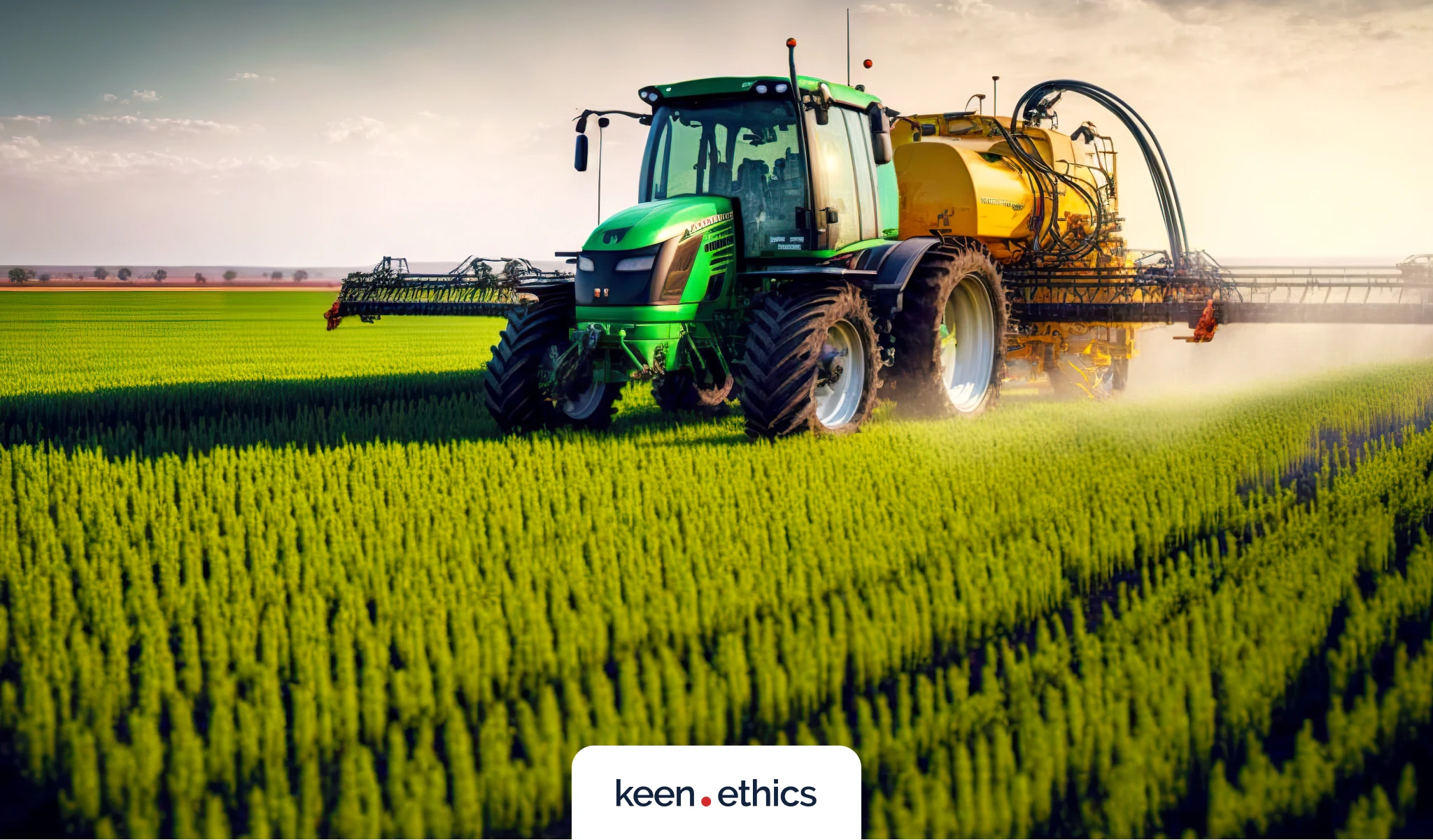
A common misconception is that our farming is highly efficient and reaches peak levels in terms of resource utilization. This may be a mistake, however. Medieval societies were much more concentrated on food demand than our societies today. Hence, the majority of the population were experts in terms of agriculture. Why was their farming so inefficient then? The reason is simple: they focused on agricultural technology that was inefficient in comparison to ours. People were likely better than us regarding skill levels. They knew how to use primitive instruments at their peak levels, but had no access to the technological wonders we have today.
What drove the tremendous growth in the productivity of modern agriculture during the 20th century was the raw productivity of our tools. At the same time, the constant change of technologies resulted in an inability to maximize their efficiency. Every technology needs time for adoption, and modern farms don’t have it due to the tempo of changes. Today, two factors are finally changing the existing situation. On the one hand, technological progress in engineering is slowing down: improvements no longer occur in real time but are split between multiple years. On the other hand, we finally have tools that can analyze our efficiency, Big Data. This factor means that farms can achieve mastery because the pace of changes is slower and, more importantly, since they have strong strategies for analyzing their errors during the usage of agricultural tools.
Analytics systems that study aspects such as soil parameters are becoming much more important than constant change of technology. Where in the past, farms with the highest level of adaptability to new technology were winning, the edge is now in the hands of the farms that can both adopt new technologies (albeit at a slightly lower pace) and use Big Data in agriculture to maximize their efficiency with innovations. For this reason, investments in agronomic information systems are central to the current agricultural field.
Key Benefits That Big Data in Agriculture Brings About

There are multiple major positives that data analytics in agriculture can bring about. Here are the four top reasons to consider this technology:
Increasing Productivity
There are two major ways to raise productivity through the usage of new technology. Firstly, you can adopt new technologies that are more efficient than the previous ones. This was the model of massive economic growth in the 20th century, which saw a technological revolution. Secondly, you can raise the efficiency of using particular technologies by individual workers. This is the second way to improve productivity, and it’s gaining strength today when the majority of the progress occurs in the IT field.
What exactly can Big Data in agriculture do? It offers an opportunity to utilize advanced analytical reports to review your current approaches regarding productivity. It’s possible to find inefficiencies in your collection of crops or irrigation with the help of those tools. Deepdata analysis is also crucial for discovering the interconnection of multiple factors. For instance, lack of control for crop health may be a result of bad irrigation or even some issues with soil health. The technology assists with finding causal links that lead to inefficiencies. Combined, all these elements become crucial for raising productivity levels to the maximum levels. Consequently, the investments into Big Data in agriculture are among the best decisions to make in the current conditions.
Saving costs
Inefficiencies not only lead to problems with long-term productivity. Their core negative impact also stems from the ability to maximize inefficient expenditures. Let’s imagine that you’re using fertilizers inefficiently. For a company with relatively big fields, this may mean that they’re wasting thousands of dollars per month due to low-quality practices. Big Data in agriculture prevents the waste of this type. Agriculture software development helps identify approaches that are inefficient and points to them based on, for example, the existing industry data. In this light, you get an opportunity to save money on a myriad of factors. For instance, a better understanding of climate factors can help you plant crops at a better time. In turn, a focus on soil conditions may assist you with optimizing the patterns of planting to prevent their exhaustion and long-term losses from your properties.
Improving sustainability
One of the core signs of inefficiency in modern agricultural systems is the lack of sustainability. It’s impossible to call an agricultural technology efficient if it leads to the long-term exhaustion of available resources. Assistance from technology forces allowed us to expand our agricultural fields significantly. However, many farming specialists failed to maximize their efficiency in terms of sustainability due to the constantly changing technologies. Advanced technologies brought about a production revolution. Now, it’s time to use data-driven solutions to maximize productivity gains and make them sustainable. Big Data tools can assist your farm with running in an efficient mode for many years without depleting the soil in any significant way.
Increased food safety
Food safety is among the core components one should pay attention to. Problems with food safety may result in massive health dangers for consumers. From the standpoint of business, issues with crop health may end in massive lawsuits and damage to the whole industry. In this light, you need to pay as much attention as possible to advanced analytics solutions. What can Big Data analytics in agriculture do in this regard? Above all, it offers an opportunity to receive deep insights into the status of your crops. It’s possible to review every element influencing your crops in the agribusiness supply chain, and then find out whether some changes in it are capable of bringing about long-term negative consequences. Few technologies have been as important for consumer safety as Big Data.
Using Big Data to Modernize an Agriculture Business: Potential Use Cases
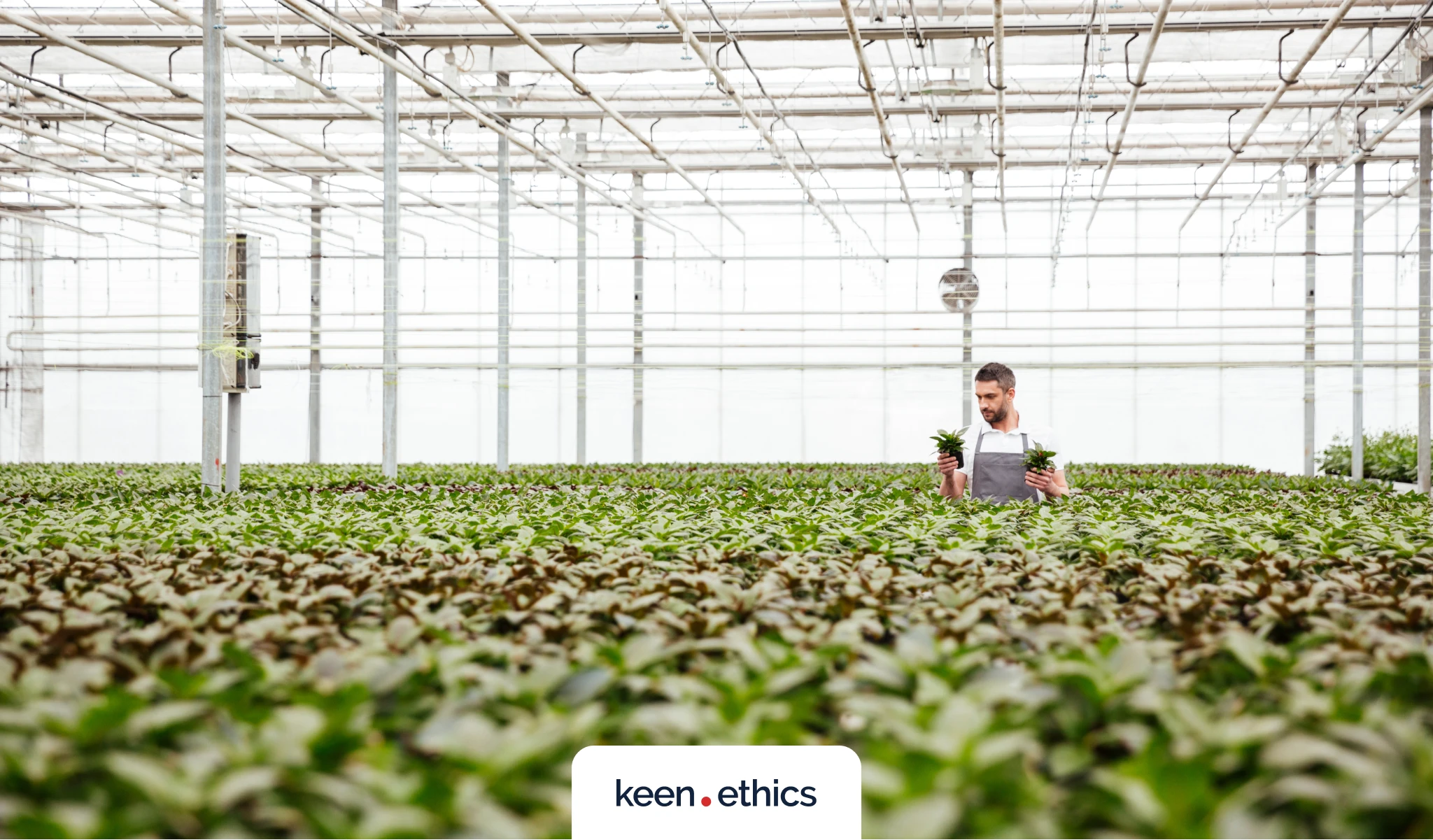
Let’s look at some potential use cases for innovation in farming practices. As you can see, Big Data offers many opportunities for transforming the available farming operations.
Upgraded decision-making
Let’s imagine that you have a farming business with 10 facilities (diverging fields with relevant infrastructure). A common problem you can face is the difficulty of managing them all with the same level of efficiency. Big Data has major implications regarding the future for farming because it allows one to overcome this inefficiency. After installing a Big Data system (especially, if it’s combined with AI), you’ll get an opportunity to greatly expand the field of your analysis. Firstly, there’s an opportunity to review every facility in detail without addressing gigantic volumes of documents. Secondly, Big Data combined with AI is capable of outlining the core challenges for farming in a particular location for you. Using this information, an owner of the farm will be able to more strictly control every facility. Big Data analytics in agriculture will make it much easier to understand the reasons for the failure or success of particular facilities.
Easy integration of precision farming
Precision farming involves technologies that allow businesses in the farming industry to optimize the use of resources based on temporal and spatial information. In simpler words, this means that you can use data to, for instance, plant crops earlier or later depending on the optimal weather conditions. This technology has massive applications in farming because it allows for optimizing the use of the often scarce resources in the sector. A business that decides to implement precision farming while already using Big Data integration won’t face any massive problems. All it’ll have to do is connect its Big Data sources with some AI technology to then transform the resulting insights into precision farming techniques. In many cases, this approach should be more than sufficient to guarantee massive improvements in crop yields.
Advanced predictive analytics implementation
Modern Big Data tools also enable the implementation of advanced predictive analytics. Big Data frameworks collect tremendous amounts of information about particular companies in their operations. With the help of analytical tools like AI, you can transform this data into complex predictions. Past information about crop production may be perfect for forecasting crop production in the future. In this light, Big Data analytics in farming becomes essential for promoting improved crop management decisions.
Better management of resources
No company is perfect when it comes to resource usage. Therefore, it’s possible to find some gaps in resource utilization in almost every case. Big Data in farming is among the best tools for achieving this goal. For this reason, technologies of this kind are promoted by entities like the Food and Agriculture Organization. They assist the relevant decision-makers with optimizing their usage of resources and preventing food waste. The removal of this food waste, in turn, can help your company contribute to the long-term removal of hunger all across the world. We already have sufficient resources to feed the majority of people. All that’s necessary is to utilize those resources more efficiently. Big Data is a path to resolving such challenges for agriculture.
Enhanced supply chain efficiency
Supply chain efficiency also plays a major role in the productivity of an average farm. In many cases, certain resources can’t be stored in warehouses for long. Consequently, they need to be delivered just in time. One of the best ways to achieve this just-in-time delivery is the focus on Big Data. Data analytics in agribusiness can point you toward links in the supply chain that are the least efficient. Their removal and a focus on better sourcing partners are crucial for the agriculture industry because they can help it overcome the problems with inefficient resource utilization mentioned above. Machine learning is a technology that’s essential for promoting those efficiency improvements. If you implement it in your business, you’ll be able to find problematic points in your supply chain too, and remove them with the more efficient tools that will guarantee long-term success for your business.
Easy-to-use crop monitoring techniques
Crop monitoring is among the most important tasks for any agricultural business. If you manage to find some negative patterns early on, there’s a chance to remove them altogether. For instance, an analysis of weather impacts can assist with improving your irrigation techniques. In turn, the improvements in general observation through sensors and drones may help with detecting various crop diseases on time. Using all these technological advancements stemming from agricultural improvements, you get an opportunity to greatly increase crop health in your business. As a result, the investments into agriculture data analytics are highly logical because they assist with performing a task that was very difficult and even almost impossible to achieve in the past.
Simplified strategic planning
In the past, many businesses in the agriculture sector had to build their plans on the general observations and intuition of the farmers. The reason was simple: it was very difficult to analyze farming information. Today, Big Data analysis for agriculture businesses solves this problem once and for all. How exactly does it achieve improvements? The technology assists with building better strategic plans in several ways. Firstly, it aids you with finding inefficiencies in your operational plans. The removal of those small issues can become a long-term goal in itself. Secondly, this technology is also essential for predicting the future. It’s even possible to make full-scale population predictions with the usage of modern food models. As a result, businesses not only get an insight into potential goals but also receive an opportunity to model the outcomes of their decisions to invest in one field or another.
Summary
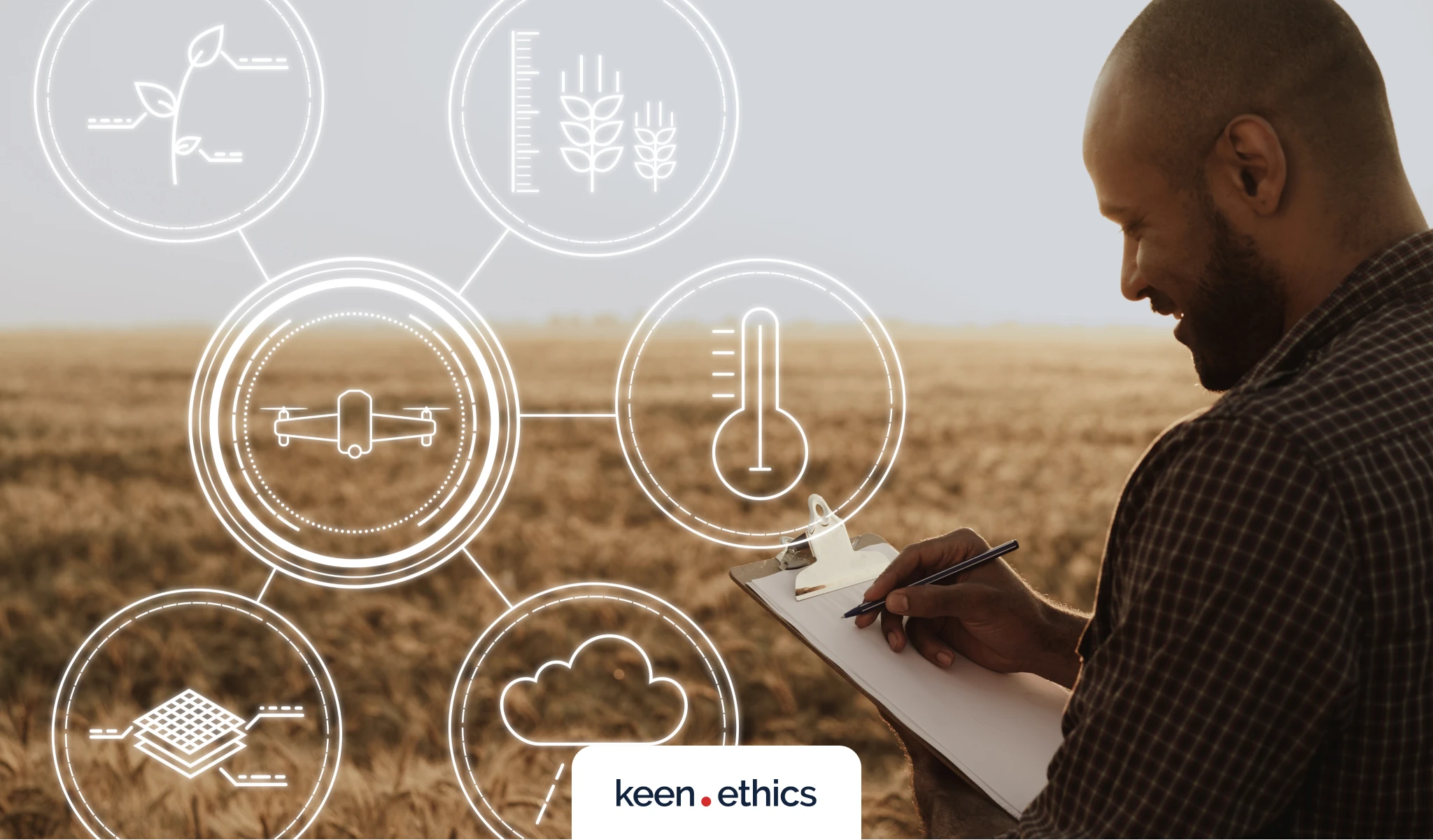
All in all, the presented information indicates that investments into the Big Data in agriculture are a rational solution. Above all, this technology can assist with finding inefficiencies in your existing agricultural practices. More importantly, you can use it to predict the future of your farming decisions. Considering all these factors, it’s now much easier to perform business with the help of Big Data tools. They help improve the efficiency of existing systems and boost adaptability to new instruments on the market. Hence, every farming business should think about the usage of at least some Big Data techniques.
Raise your farming efficiency together with Keenethics!
 Search
Search

